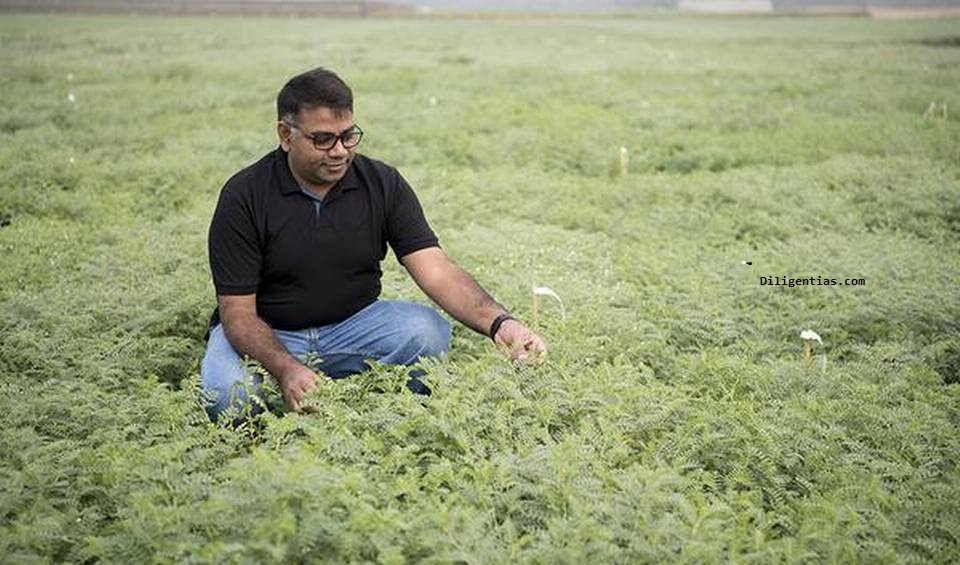Genes for Heat and drought tolerance 03/05/2019 – Posted in: Daily News
Genes for Heat and drought tolerance
For: Preliminary & Mains
News Flash
An international team led by the Hyderabad-based International Crops Research Institute for the Semi-Arid Tropics (ICRISAT) has identified in chickpea four important genes for heat tolerance and three important genes for drought tolerance.
With rising temperatures and increasing climatic fluctuations due to climate change, the identification of these climate-resistant genes will help in developing newer chickpea varieties which can tolerate temperatures up to 38 ° C.
Also 90% of chickpea cultivation area is in South Asia, including India. Globally, more than 70% yield is lost due to drought and increasing temperatures. Chickpea is a cool season crop, so in general any further increase in temperature is expected to further reduce the yield.
In India, chickpea is generally sown in September-October and harvested in January-February.
Diversity, domestication
The study has found that chickpea originated in the Mediterranean/south-west Asia and migrated to south Asia. It reached India about two centuries ago, apparently through Afghanistan. In parallel, it migrated from the Mediterranean to east Africa and central Asia. The study provides insights into chickpea’s genetic diversity, domestication too.
International Crops Research Institute for the Semi-Arid Tropics
ICRISAT is an international organization which conducts agricultural research for rural development, headquartered in Patancheru (Hyderabad, Telangana) with several regional centers and research stations. It was founded in 1972 by a consortium of organisations convened by the Ford and the Rockefeller foundations. Its charter was signed by the FAO and the UNDP. Since its inception, host country India has granted a special status to ICRISAT as a UN Organization operating in the Indian territory making it eligible for special immunities and tax privileges.
Genes
A gene is the basic physical and functional unit of heredity. Genes are made up of DNA. Some genes act as instructions to make molecules called proteins. However, many genes do not code for proteins.
Chickpea
Chickpea (Cicer arietinum) is the second most widely grown legume crop after soybean, accounting for a substantial proportion of human dietary nitrogen intake and playing a crucial role in food security in developing countries.
Source: The Hindu
You can follow us on LinkedIn and for more updates related to UPSC IAS Preparation, Like our Facebook Page and subscribe our Diligent IAS Youtube Channel
Also Read Related Daily News
- Ultra-sensitive quantum thermometer
- Bharati Script- One script, One nation
- Fani Cyclone and Global warming

